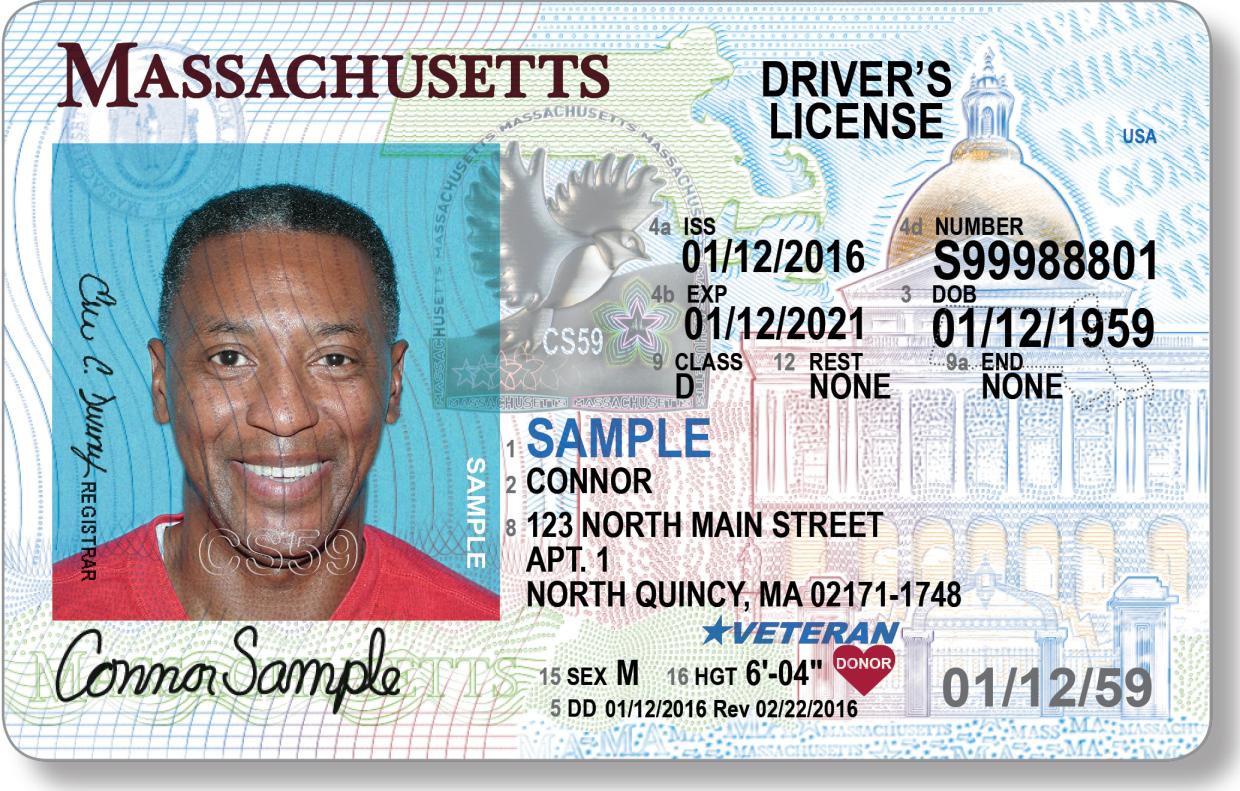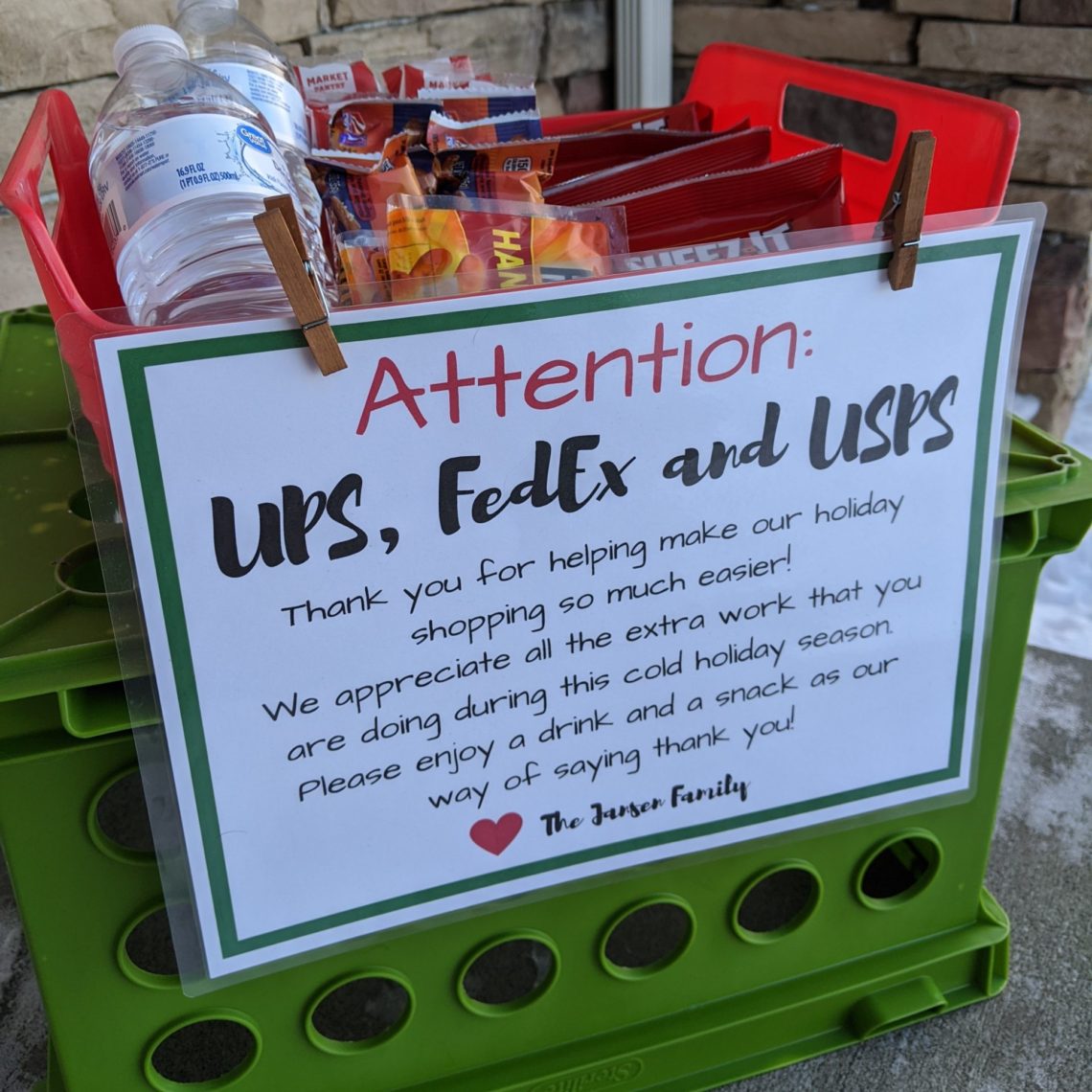Download center to get links to access U.S., Canada, and international Act! Product downloads, including hot fixes, updates, and documentation. The Automobile Information Disclosure Act, referred to in subsec. 85–506, July 7, 1958, 72 Stat. 325, as amended, which is classified generally to chapter 28 (§ 1231 et seq.) of Title 15, Commerce and Trade. For complete classification of this Act to the Code, see Short Title note set out under section 1231 of Title 15 and Tables. Jan 05, 2021 NEW YORK – Governor Andrew Cuomo has signed an amended version of the Driver’s License Suspension Reform Act, ending the practice of suspending a person’s driver’s license when they cannot. ACT-IR224UN/424UN Linux driver for RedHat 7.3/8.0/9.0 Only. NOTE: No need to install drivers for following: Linux Kernel 2.4.10 and above already includes built-in drivers for PL-2303H.
© Provided by NBC Chicago
With the recent dramatic increase of carjackings in Chicago, rideshare drivers for companies such as Uber and Lyft have become understandably frightened, wondering if they could be the next victims.
In mid-January, the Chicago Police Department issued an alert warning of seven several armed carjackings targeting rideshare drivers between Dec. 28 and Jan. 17.
In each incident, drivers were summoned to an address, and when they arrived, suspects attacked them and demanded their vehicles, police stated.
'Every day, I have to watch myself, because it's dangerous, you know,' said driver Umberto Serrano.
Following numerous instances throughout the city, the Independent Drivers Guild, a group that represents rideshare and delivery drivers, launched a driver safety campaign to 'demand action from the transportation network/delivery app companies and lawmakers.'
'Drivers are riding around right now with targets on their backs,' said Steven Everett, a rideshare driver and IDG organizer.
IDG has proposed a number of measures to protect drivers, but also passengers. The suggestions include a mandatory mask-wearing selfie when ordering a ride, a panic button, in-vehicle cameras and credit card verification.
Lyft has already reportedly rolled out panic buttons for drivers in Chicago.
Everett emphasized that not only rideshare drivers, but food delivery drivers are also at risk.

'They will order some food, have the driver come to them,' Everett said. 'The driver gets out of the car, gives them the food, and then they carjack them right there... take everything they have.'
IDG also claims that 'offenders are easily able to exploit a lack of security protocols with the apps themselves.'

'I have to make money, so I just keep my doors locked, pay attention to what's going on around me,' said rideshare driver Tracy Thomas.
Chicago-area law enforcement officials and prosecutors met on a virtual call Monday night to discuss ways to combat the rise in carjackings.
On Jan. 21, CPD added 40 officers and four sergeants to carjacking task forces citywide, which put a dedicated carjacking team in each of the city's five detective areas, officials said. Additionally, the department is working with federal, state and county partners as well as youth outreach workers and community members to 'find solutions to the root cause of the problem.'
(Revised November 2009) (PDF)
Section 13(b)(1) of the FLSA provides an overtime exemption for employees who are within the authority of the Secretary of Transportation to establish qualifications and maximum hours of service pursuant to Section 204 of the Motor Carrier Act of 1935, except those employees covered by the small vehicle exception described below.
Thus, the 13(b)(1) overtime exemption applies to employees who are:
- Employed by a motor carrier or motor private carrier, as defined in 49 U.S.C. Section 13102 (see Employer below);
- Drivers, driver’s helpers, loaders, or mechanics whose duties affect the safety of operation of motor vehicles in transportation on public highways in interstate or foreign commerce (see Employee Duties below); and
- Not covered by the small vehicle exception (see Small Vehicle Exception below).
1. Employer
- Motor Carriers are persons providing motor vehicle transportation for compensation;
- Motor Private Carriers are persons other than motor carriers transporting property by motor vehicle if the person is the owner, lessee, or bailee of the property being transported, and the property is being transported for sale, lease, rent, or bailment, or to further a commercial enterprise.
2. Employee Duties
- The employee’s duties must include the performance, either regularly or from time to time, of safety-affecting activities on a motor vehicle used in transportation on public highways in interstate or foreign commerce. Employees must perform such duties as a driver, driver’s helper, loader, or mechanic. Employees performing such duties meet the duties requirement of the exemption regardless of the proportion of “safety affecting activities” performed, except where the continuing duties have no substantial direct effect on “safety of operation,” or where such safety affecting activities are so trivial, casual, and insignificant as to be de minimis (so long as there is no change in the duties).
- Transportation involved in the employee’s duties must be in interstate commerce (across State or international lines) or connect with an intrastate terminal (rail, air, water, or land) to continue an interstate journey of goods that have not come to rest at a final destination.
Drivers Actualization
- Safety affecting employees who have not made an actual interstate trip may still meet the duties requirement of the exemption if:
a) The employer is shown to have an involvement in interstate commerce; and

b) The employee could, in the regular course of employment, reasonably have been expected to make an interstate journey or could have worked on the motor vehicle in such a way as to be safety-affecting.
- The Secretary of Transportation will assert jurisdiction over employees for a four-month period beginning with the date they could have been called upon to, or actually did, engage in the carrier's interstate activities. Thus, such employees would satisfy the duties requirement of the Section 13(b)(1) exemption for the same four-month period, notwithstanding references to the contrary in 29 C.F.R. § 782.2.
3. Small Vehicle Exception
Notwithstanding the Section 13(b)(1) exemption, the overtime provisions of Section 7 of the FLSA shall apply to an employee of a motor carrier or motor private carrier in any work week that:
1. The employee’s work, in whole or in part, is that of a driver, driver's helper, loader or mechanic affecting the safety of operation of motor vehicles weighing 10,000 pounds or less in transportation on public highways in interstate or foreign commerce, except vehicles:
(a) Designed or used to transport more than 8 passengers, including the driver, for compensation; or
Active Driver Download
(b)Designed or used to transport more than 15 passengers, including the driver, and not used to transport passengers for compensation; or
(c) Used in transporting hazardous material, requiring placarding under regulations prescribed by the Secretary of Transportation;
and
2. The employee performs duties on motor vehicles weighing 10,000 pounds or less.
The Section 13(b)(1) exemption does not apply to an employee in such work weeks even though the employee's duties may also affect the safety of operation of motor vehicles weighing greater than 10,000 pounds, or other vehicles listed in subsections (a), (b) and (c) above, in the same work week.
Typical Problems
The Section 13(b)(1) overtime exemption does not apply to employees not engaged in “safety affecting activities”, such as dispatchers, office personnel, those who unload vehicles, or those who load but are not responsible for the proper loading of the vehicle. Only drivers, drivers’ helpers, loaders who are responsible for proper loading, and mechanics working directly on motor vehicles that are to be used in transportation of passengers or property in interstate commerce can be exempt from the overtime provisions of the FLSA under Section 13(b)(1).
The Section 13(b)(1) overtime exemption does not apply to employees of non-carriers such as commercial garages, firms engaged in the business of maintaining and repairing motor vehicles owned and operated by carriers, or firms engaged in the leasing and renting of motor vehicles to carriers.
Where to Obtain Additional Information

For additional information, visit our Wage and Hour Division Website: http://www.wagehour.dol.gov and/or call our toll-free information and helpline, available 8 a.m. to 5 p.m. in your time zone, 1-866-4USWAGE (1-866-487-9243).
This publication is for general information and is not to be considered in the same light as official statements of position contained in the regulations.




